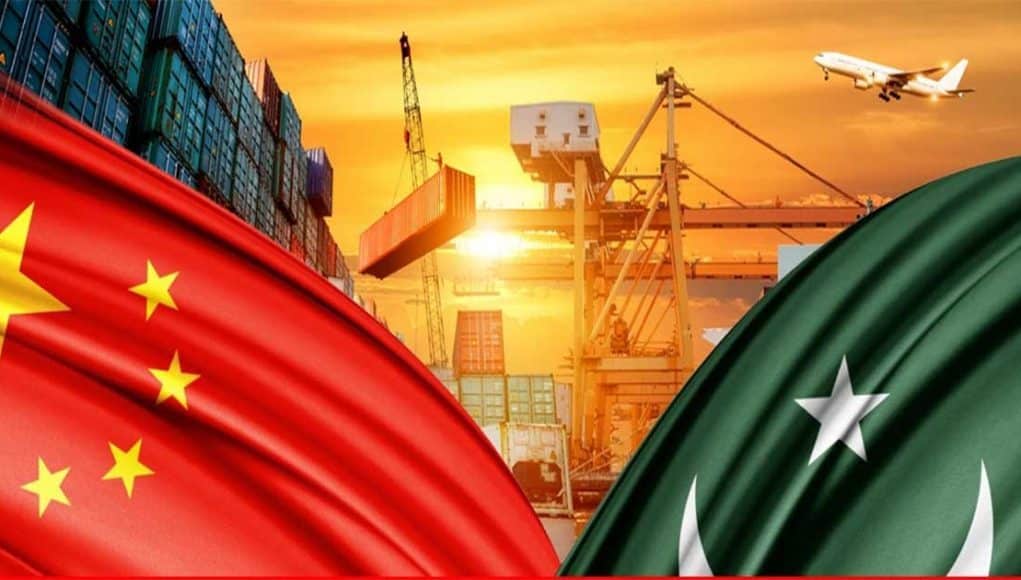QUETTA: The China-Pakistan Economic Corridor’s (CPEC) success depends on inclusive development in Balochistan. Speakers at a seminar in Quetta urged investments in youth, women, and infrastructure to unlock the province’s potential.
The Centre for Development and Stability (CDS) hosted the seminar titled “China-Pakistan Economic Corridor: Regional Connectivity, Innovation, and Security in Balochistan.” Participants included policymakers, academics, tribal elders, youth leaders, and development experts.
Dr. Irfan Ashraf, Director General of CDS, highlighted CPEC’s impact. He cited 10,000 solar lighting units, a new emergency medical centre in Quetta, and the distribution of 50,000 health kits in schools.
Maimona Saleem urged planners to include women in CPEC projects. She recommended support for women-led businesses and industries.
Sardar Haroon Khan Jamali, chief of the Jamali Tribe, spoke about the potential of Usta Muhammad District. Hafeez Ullah Jamote, founder of Jamote Youth Balochistan, pushed for youth-focused reforms, scholarships, and greater representation.
Geopolitical analyst Raja Faisal warned of India’s hybrid warfare. He called for national unity and strategic focus to protect CPEC.
Former Chief Minister Alla Uddin Marri raised concerns over basic infrastructure gaps. He questioned how high-tech projects could succeed without roads, water, and power in Balochistan.
Advocate Mir Atta Ullah Langove, President of the Balochistan High Court Bar, said CPEC must serve local needs. Youth activist Babar Khajjak blamed poor governance for weak implementation.
Also Read: PM Shehbaz, Chinese envoy discuss CPEC flagship projects
Dr. Dost Barreech emphasised Balochistan’s potential in minerals, agriculture, tourism, and the blue economy. He called for a geo-economic strategy in national planning.





